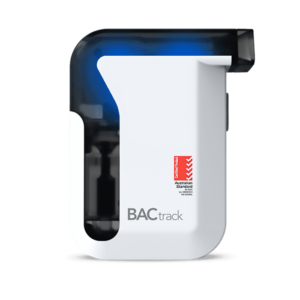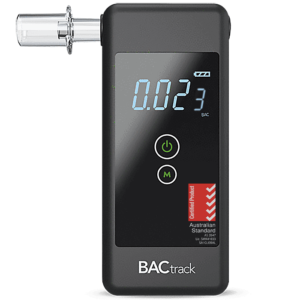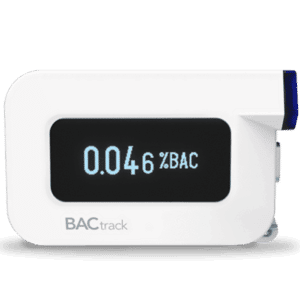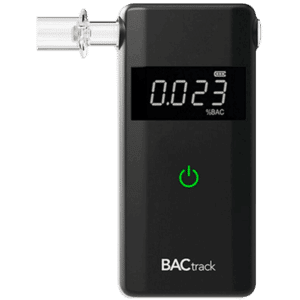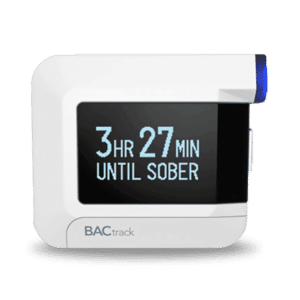Pre Employment Drug Test Australia: What Are the Legal Considerations?
21 February, 2024

The pre-employment drug test in Australia is a process that many companies use to determine whether prospective employees use different drug classes. Nevertheless, there are legal considerations that both employers and employees should be aware of. This may include industry regulation or regulatory requirements, privacy rights, consent, and duty of care. Furthermore, employers can use various types of tests. This may involve urine tests, saliva tests, blood tests, and hair tests.
Drug testing is a common practice in many workplaces across Australia. Employers can implement pre-employment drug testing as a way to promote workplace safety and productivity. The process varies depending on the industry and workplace policies. Hence, as a job applicant, it is essential to know what to expect and how to prepare for them. This article will present an overview of pre-employment testing in Australia, the legal considerations, and the types of tests.
Overview of Pre-Employment Drug Tests in Australia
When recruiting for safety-sensitive positions, the hiring process typically involves a pre-employment drug screen. The pre-employment drug test in Australia is typically done to ensure that prospective employees are not using illicit substances. This may include identifying the presence of illicit drugs, prescription drugs, and even alcohol. These substances can impair job performance.
The pre-employment workplace drug testing is commonly utilised for high-risk environments or safety-critical jobs. This may include jobs in the mining industry, construction companies, and heavy or public transportation operators. In these industries, any impairment due to the influence of drugs can lead to serious accidents. Thus, the pre-employment tests are typically a requirement for a job offer.
Once a candidate has been selected for a position, an employer may require the applicant to undergo testing. The candidate is given a specific timeframe to complete the test. In the testing facility, the candidate is required to provide biological specimens. Then, these samples undergo testing for the presence of substances. The results are given to the employer, who decides whether the candidate can be hired for the job.
Importance of Drug Testing in the Workplace
- Safe workplace: By identifying drug abuse among candidates in the application process, employers can reduce the risk of accidents and injuries at work sites.
- Legal compliance: Many industries have legal obligations to maintain a drug-free work environment. Hence, the testing helps employers comply with these regulations and standards.
- Protection of company reputation: Employers who enforce testing demonstrate a commitment to upholding high standards and a culture of safety.
- Productivity and efficiency: Employers can maintain a productive work environment and reduce the risk of errors by deterring substance misuse.
- Risk mitigation: Testing helps protect the business from potential liabilities and legal action.

Legal Considerations for Pre-Employment Drug Tests in Australia
There are several legal considerations when conducting pre-employment drug tests in Australia. Foremost, the legality of testing is governed by federal and state laws. Hence, employers need to ensure that their drug testing policies comply with these laws. Secondly, employees and job applicants have the right to privacy. Employers must handle the medical information and results of drug tests with confidentiality.
Thirdly, obtaining consent from job applicants for testing is crucial. Employers must communicate the purpose of the testing and what the result implies. Fourthly, employers must ensure that their testing policy does not unfairly discriminate against certain groups of people. The drug testing procedure should be fair and apply consistently to all job applicants.
Furthermore, employers have a duty of care to provide a safe workplace. Drug testing can be a measure to fulfil this duty. However, it is vital for employers to approach testing with sensitivity and respect for the rights of employees. Finally, employers should also focus on providing support and education for employees. This can include offering assistance programs and resources.
Can a Potential Employee Refuse a Test?
In most cases, a potential employee cannot refuse a drug test without being disqualified for the role. Many employers have a policy that requires all applicants to undergo drug testing as part of the hiring process. Hence, refusing to take a drug test could result in the employer withdrawing the job offer or considering the candidate as unfit for the position.
However, there may be certain circumstances where a candidate has a valid reason for refusing a test. This may include medical conditions that interfere with accurate test results. In these cases, the candidate should communicate their concerns to the employer.

Types of Pre-Employment Drug Tests in Australia
The pre-employment drug tests in Australia involve different types of methods. Employers may choose the type of test to screen job applicants. Urine tests are the most common type of testing. It involves collecting a urine sample and testing it for the presence of substances. This method is non-invasive, widely acceptable, and can detect a wide range of substances.
Oral fluid or saliva testing is another popular approach. This involves the collection of saliva samples. It is preferable for its non-invasiveness and ease of collection. Also, it can detect recent substance use. Furthermore, hair follicle testing is gaining popularity for pre-employment testing. This is due to its ability to detect drug usage over an extended detection window, usually 90 days.
While less common for pre-employment screening due to its invasive nature, blood testing may also occur. This type of test can provide accurate results regarding the presence of substances in the system. Additionally, while not for drug testing, employers may employ breath alcohol testing. This method measures the blood alcohol concentration. It is vital to monitor any alcohol misuse.
Detectable Substances
The different types of testing can detect various substances. Foremost, it can monitor the presence of illegal drugs. This may include cannabis (marijuana), methamphetamine substances, cocaine, and opioids (including heroin, methadone, and oxycodone). These substances can impair individuals, posing safety risks.
Additionally, the testing may screen for the presence of certain prescription medications. This may include benzodiazepines, stimulants, and sedatives. While legal, the misuse or abuse of these substances can affect the ability of an individual to perform job duties safely. Moreover, the testing can identify the presence of ethanol. Alcohol consumption can impair motor and cognitive functions.
Conclusion
In conclusion, pre-employment drug tests in Australia are becoming increasingly common. This is a process that assesses prospective employees to ensure that they are not using illicit substances. It is common in high-risk environments and safety-critical jobs. As such, this testing holds great importance. It maintains workplace safety, productivity, and legal compliance and protects the reputation of the company. The types of testing may include urine, saliva, blood, hair, and breath alcohol testing.
Furthermore, the testing methods can detect a wide range of substances. This may include cannabis, cocaine, stimulants, sedatives, and even alcohol. However, it is crucial to know the legal considerations in conducting pre-employment testing. This may include complying with laws, respecting privacy, and obtaining consent. Also, employers must conduct the test without discrimination and provide support. Finally, it is vital to note that potential employees cannot refuse a test without repercussions unless with valid reasons.


















